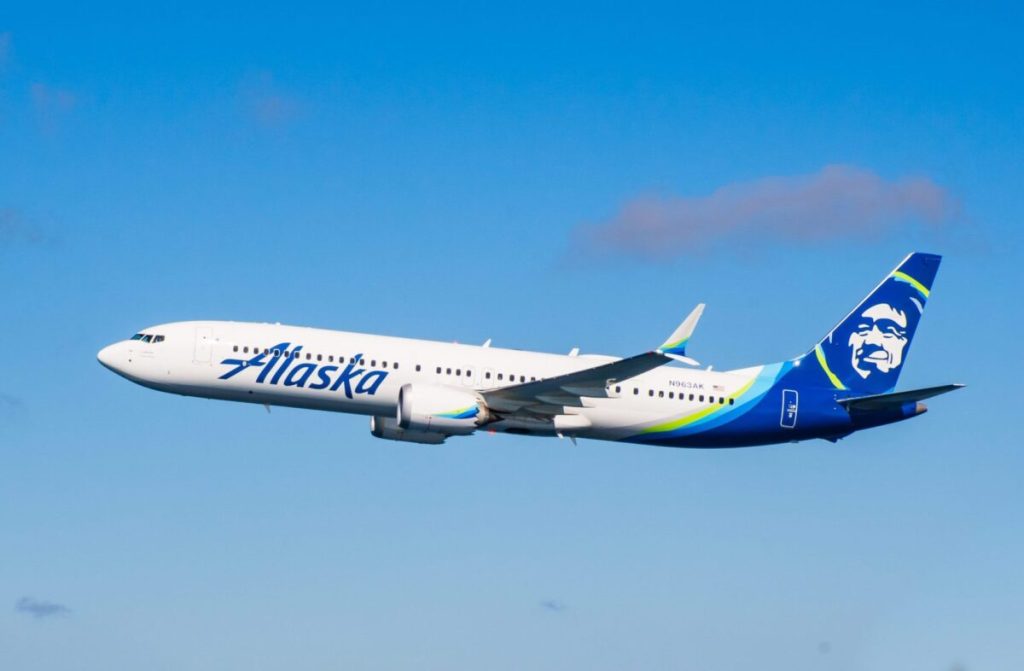Alaska Airlines has introduced a program that allows customers to purchase sustainable aviation fuel credits during the booking process to offset the carbon footprint of their flights. Customers have the option to offset their flight’s environmental impact by 5%, 10%, or 25% with these credits, which will also contribute to Alaska’s investments in developing and scaling sustainable aviation fuels. The airline hopes that by offering these credits, more people will become engaged in supporting the use of SAFs, ultimately helping to decarbonize aviation.
While the airline industry is supportive of using sustainable aviation fuels to make flying more sustainable, there have been challenges in developing and scaling the fuel. SAFs are typically made from waste products like cooking oil and feedstock, making production expensive and difficult to scale. Commercial aircraft are currently not certified to use a blend of more than 50% SAF. To incentivize customers to buy SAF credits, Alaska plans to allow members of its loyalty program to earn elite-qualifying miles. The program was piloted in 2023 and was well-received by customers as an opportunity to engage in sustainability efforts.
Alaska’s SAF credit program differs from typical carbon offset schemes offered by airlines, which have faced scrutiny for their effectiveness. Carbon offsets often involve purchasing credits that are intended to reduce emissions elsewhere but may not always deliver on those promises. Alaska’s program focuses on building a larger market for sustainable aviation fuels, directly investing in the development and use of SAFs to reduce emissions within the airline sector. The program is seen as more of an “inset” than an offset, as it contributes to emissions reduction within the aviation industry itself.
The Skift Travel 200 index provides insights into the financial performance of nearly 200 travel companies, including airlines, worth more than a trillion dollars combined. The index offers a snapshot of the performance of airline sector stocks, including network carriers, low-cost carriers, and related companies. By analyzing the financial performance of these companies, investors and industry stakeholders can gain a better understanding of the overall health and trends within the airline sector. It offers a comprehensive view of how various airlines are faring in terms of stock performance year-to-date.
Overall, Alaska Airlines’ introduction of sustainable aviation fuel credits represents a proactive step in engaging customers in environmental sustainability efforts within the aviation industry. By offering customers the opportunity to offset the carbon footprint of their flights through the purchase of SAF credits, Alaska is not only reducing emissions but also investing in the development of sustainable aviation fuels. This program provides an alternative to traditional carbon offset schemes and offers customers a more direct way to contribute to emissions reduction within the aviation sector.


